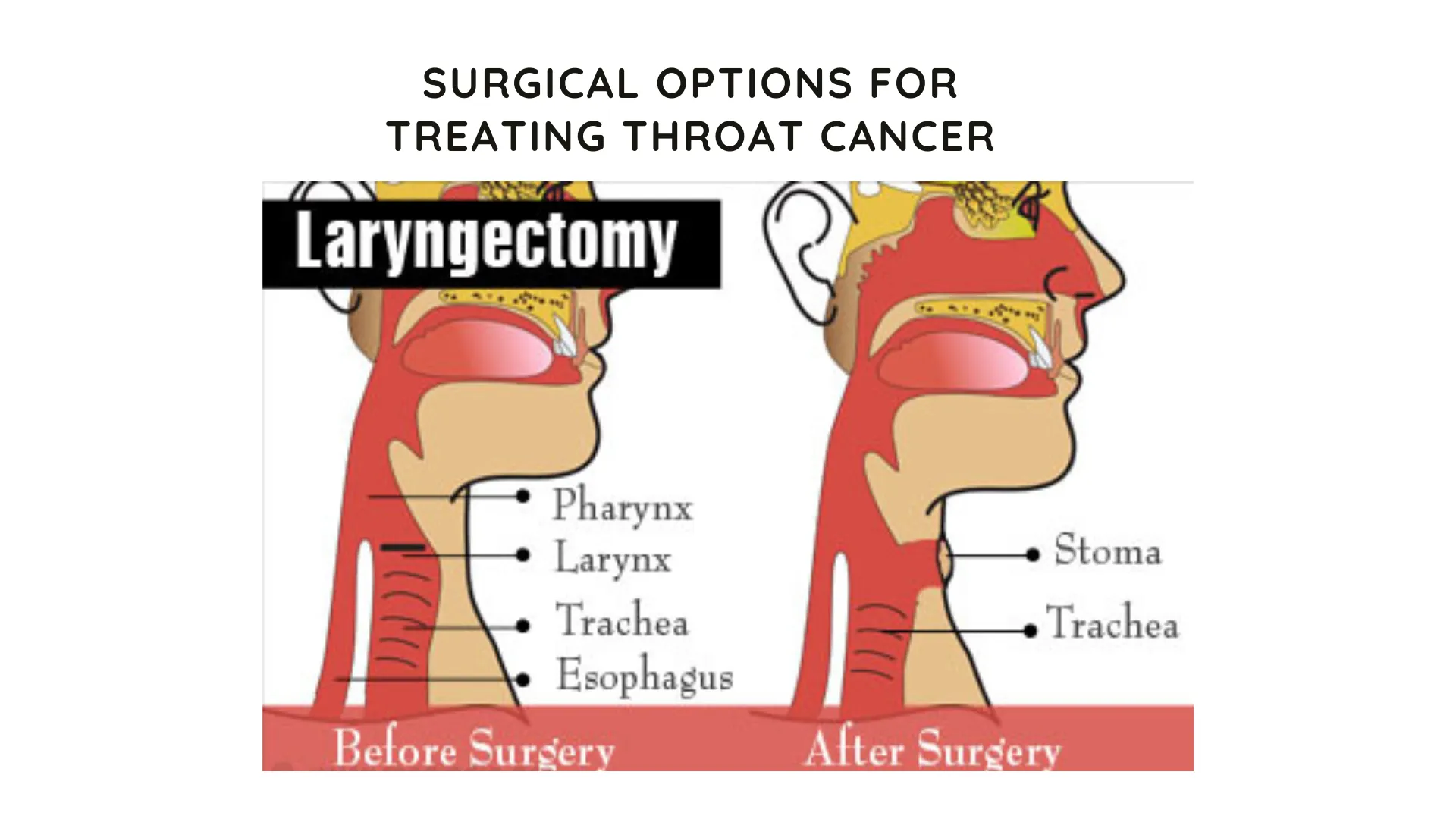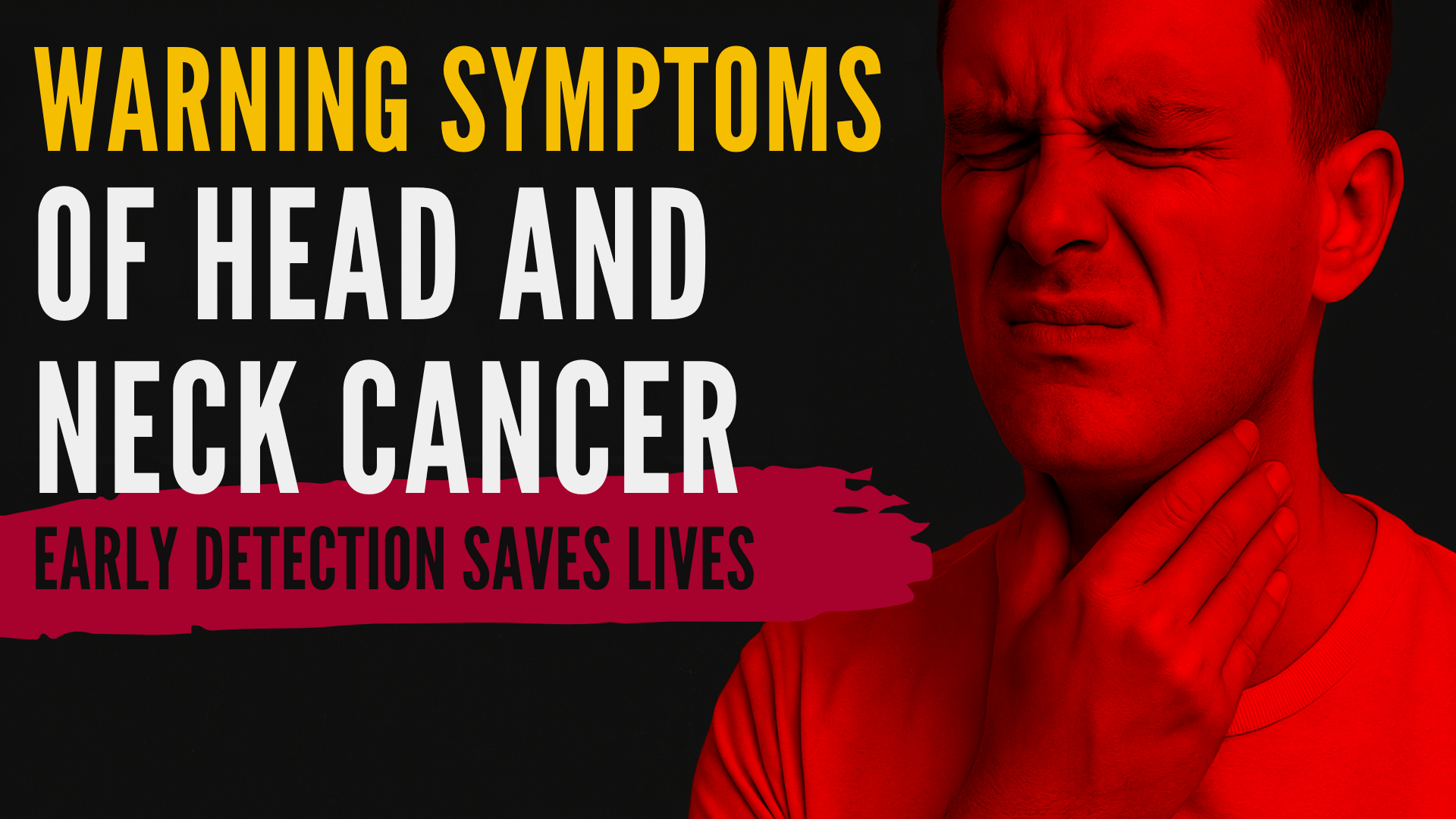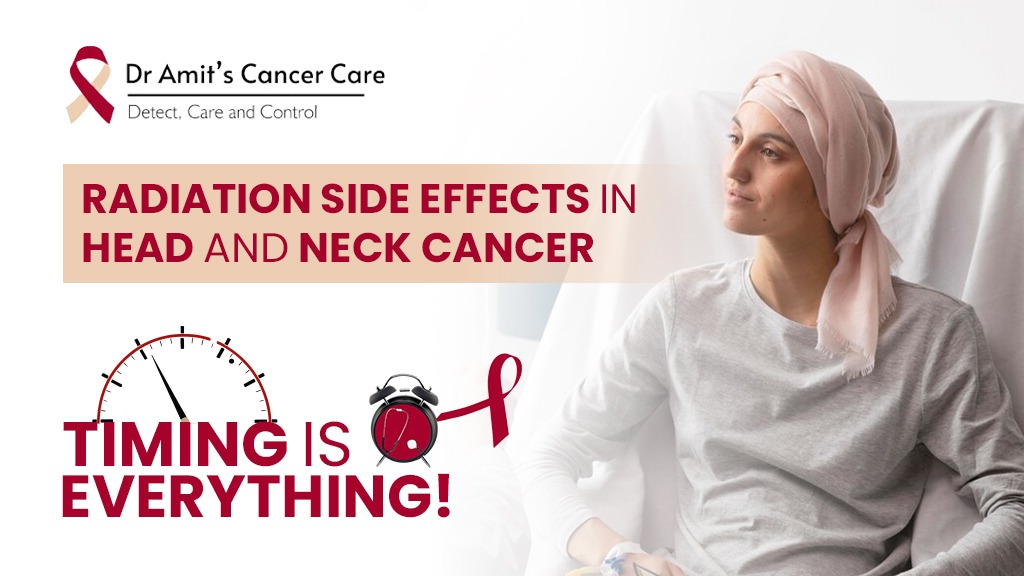Surviving cancer is a journey that doesn’t end after treatment. The path to wellness extends into what is often termed as post-cancer care, a period that involves rebuilding physical, emotional, and mental health. Post-cancer care is essential for every survivor, including head and neck cancer patients, to ensure a strong, resilient recovery. Dr. Amit Chakraborty, an oncologist specialist in Dubai, Mumbai, and Nagpur, emphasizes the importance of ongoing care to help survivors navigate life after treatment.
In this blog, we’ll cover post-cancer care essentials, particularly for those who have undergone cancer surgery and treatments, and how these practices build a foundation for lasting wellness.
1. Follow-Up Appointments and Regular Monitoring
After completing cancer treatment, it is vital to schedule follow-up appointments with a cancer specialist. These visits help in early detection of any recurrence and address lingering side effects. Dr. Amit Chakraborty, a leading head and neck cancer specialist, highlights that monitoring is crucial for head and neck cancer patients who may experience persistent symptoms post-treatment.
What to Expect in Follow-Up Visits:
– Regular imaging tests, blood tests, or biopsies if necessary.
– Physical exams to check for unusual changes in the body.
– Mental health screenings, as emotional well-being is a key part of recovery.
These visits can also provide an opportunity to discuss any side effects that affect daily life, such as difficulty swallowing or persistent pain, which are common among head and neck cancer patients.
2. Nutrition and Diet for Recovery
Nutrition plays a fundamental role in rebuilding the body’s strength and boosting immunity after cancer treatment. For cancer survivors, a well-planned diet can help replenish essential nutrients, counteract fatigue, and maintain a healthy weight.
Diet Tips for Cancer Patients:
– Incorporate a variety of colorful fruits and vegetables for antioxidants.
– Choose lean proteins, such as fish, chicken, or legumes, to promote healing.
– Limit processed foods and sugars, which can lead to inflammation.
A personalized nutrition plan designed by a registered dietitian or healthcare provider can be particularly helpful for head and neck cancer patients who may have specific dietary restrictions due to the effects of treatment on swallowing and taste.
3. Physical Rehabilitation and Exercise
Physical rehabilitation is another critical component of post-cancer care, especially for those recovering from major cancer surgery. Dr. Amit Chakraborty suggests a personalized approach to physical rehabilitation to address mobility, strength, and overall stamina, which may be compromised after extensive treatment.
Benefits of Physical Activity:
– Reduces fatigue and improves energy levels.
– Strengthens muscles weakened by surgery or inactivity.
– Enhances mental health by reducing stress and anxiety.
Survivors should start with low-impact exercises like walking or stretching and gradually increase intensity under the guidance of a healthcare professional. Specific therapies may be needed for head and neck cancer patients to help improve functions like swallowing, breathing, and speaking.
4. Mental Health and Emotional Support
The psychological impact of cancer treatment can linger long after physical recovery. Survivors may experience anxiety, depression, or fear of recurrence, impacting their quality of life. Dr. Amit Chakraborty emphasizes that mental health support is essential, as it allows survivors to process their journey and move forward confidently.
Ways to Support Mental Health Post-Cancer:
– Counseling and Therapy: Speaking to a mental health professional can be incredibly helpful in managing stress and anxiety.
– Support Groups: Engaging with others who have had similar experiences can provide a sense of community and understanding.
– Mindfulness Practices: Activities such as meditation, yoga, and deep breathing exercises promote relaxation and mental clarity.
Recognizing and addressing mental health needs is particularly crucial for head and neck cancer patients, who may face unique challenges like changes in appearance or speech difficulties.
5. Preventive Lifestyle Choices
Adopting a healthy lifestyle can significantly impact a survivor’s overall well-being and reduce the risk of recurrence. Dr. Amit Chakraborty advises that lifestyle changes are beneficial not only for cancer prevention but also for enhancing overall health.
Lifestyle Tips for Cancer Survivors:
– Quit Smoking and Alcohol: Tobacco and alcohol use have been linked to increased risk of cancer recurrence, especially in head and neck cancers.
– Maintain a Healthy Weight: Obesity is associated with various types of cancer, making weight management an important goal.
– Stay Hydrated: Drinking adequate water aids digestion and energy levels, supporting the body’s recovery.
Prioritizing these lifestyle changes may feel challenging initially but are essential steps toward a healthier future.
6. Regular Communication with Your Oncologist Specialist
Open and regular communication with a trusted oncologist is key to a successful post-cancer care journey. Whether located in Dubai, Mumbai, or Nagpur, Dr. Amit Chakraborty encourages survivors to maintain a strong relationship with their healthcare team to manage any long-term effects of cancer treatment.
What to Discuss with Your Oncologist:
– Side effects that may impact daily life.
– New symptoms or concerns, especially if related to areas previously affected by cancer.
– Recommendations for screenings, as cancer survivors may be at a higher risk for other cancers.
An ongoing dialogue with a cancer specialist helps address these concerns and ensures that any signs of recurrence are caught early.
7. Embrace Support Systems
Family, friends, and support groups can provide an invaluable network for survivors as they transition into life after cancer. Cancer survivors benefit immensely from having a support system that encourages them to prioritize wellness.
Ways to Strengthen Your Support System:
– Participate in Survivor Networks: These groups offer companionship and shared experiences.
– Involve Family in Health Goals: Encouraging family members to join in exercise routines or meal prep can make lifestyle changes more enjoyable.
– Lean on Professional Support: Physical therapists, dietitians, and mental health professionals are all key members of a strong support system.
Moving Forward
Post-cancer care is not a one-size-fits-all journey but a personalized path to building resilience and wellness. By focusing on these essential aspects—regular check-ups, proper nutrition, physical and mental health, lifestyle changes, and a strong support system—survivors can navigate this journey with confidence. Dr. Amit Chakraborty, an oncologist specialist, believes that every survivor deserves a holistic approach to care that empowers them to thrive.
This phase is about more than just surviving; it’s about embracing a fulfilling life and knowing that each step forward is a victory.






